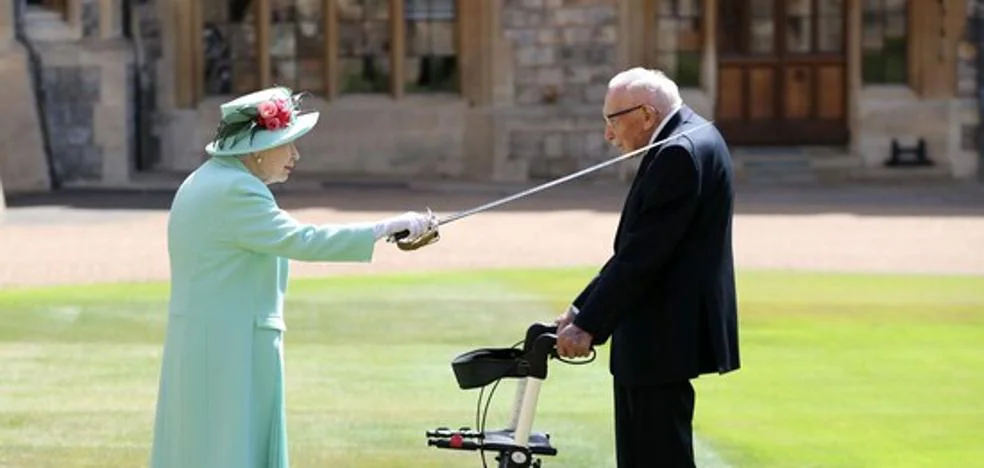Biontech wants to increase its production capacity by over 50% in 2021, compared to what has been planned so far, reaching 2 billion doses. This was announced by the German house in Mainz. So far, the company had planned 1.3 billion doses. “We are on track to expand production capacities,” said the group.
The EU, under pressure due to the slowness of vaccination campaigns, has so far signed six contracts with anti-Covid vaccine manufacturers. Three sera received marketing authorization but experienced significant delays in production.
The European Commission, which negotiates on behalf of the 27 Member States, has preordered a total of around 2.2 billion doses. It is up to the States to finalize the orders and agree on the dispatch of the doses.
The vaccine of the German-American duo BioNTech-Pfizer was, at the end of December, the first approved by EMA, the European regulatory body, followed on January 6 by the American Moderna, then by the Swedish-British AstraZeneca on January 29.
All three vaccines require two injections and therefore two doses per person. To date, the EU has received 18.5 million doses, of which 17.6 million from BioNTech-Pfizer and 854,000 from Moderna. Collectively, the Twenty-seven administered an average of 2.4 doses per 100 people, with significant disparities between countries (first Ireland with 11.5%; last Latvia at 1.1%; Italy in the lead among the big with 2.5%).
The EU expects to deliver 100 million doses in the first quarter, and at least 300 million in the second quarter, to potentially vaccinate around 200 million Europeans by the end of June and hit the target of 70% of the adult population.
Pre-order up to 400 million doses. The laboratory announced on January 22 a “yield” problem on its Belgian site in Seneffe, ensuring according to the EU that it could deliver only 31 million doses in the first quarter, out of approximately 120 million initially promised. However, another factory in the Netherlands and two in the UK are also expected to supply the Twenty-seven.
European Commission President Ursula von der Leyen announced Sunday that AstraZeneca will deliver 40 million doses in total in the first quarter, still well below expected volumes. AstraZeneca’s vaccine is easier to manufacture and more convenient to carry, as it does not require the freezing temperatures that Pfizer-BioNTech and Moderna need. Administration in the EU will begin in the second week of February.
The EU has signed contracts with the Franco-British duo Sanofi-GSK (up to 300 million doses), the German CureVac (up to 405 million doses) and the American Johnson & Johnson (up to 400 million doses). The European executive also concluded exploratory talks with the American Novavax (100 million doses) and the Franco-Austrian biotech Valneva (up to 60 million doses). According to a German ministerial document consulted by AFP, the Johnson & Johnson vaccine could be approved in the EU at the end of February, followed in May by those of CureVac and Novavax. According to the Commission, approximately 100 million doses of the Johnson & Johnson vaccine could be administered by the end of September.
Cost of doses
The prices negotiated by the Commission, which remain strictly confidential, were inadvertently revealed on Twitter by the Belgian Secretary of State in charge of the Budget in mid-December: the price per dose ranges from € 1.78 for AstraZeneca, to € 14.70 for Moderna, with Pfizer-BioNTech for 12 euros. The cost of AstraZeneca doses sold in the EU has been estimated by the laboratory at 870 million euros, according to what emerged from AstraZeneca’s contract with the EU published online (the part of the price had to be obscured but was visible in the index for a technical error).
–


